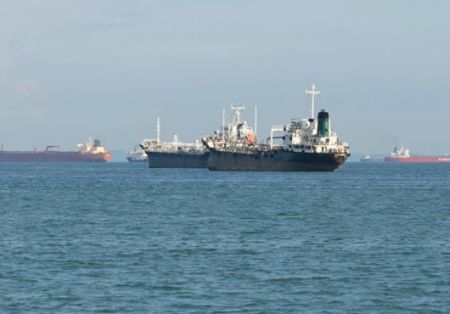
Namely, the EC has adopted the report on the functioning of the reporting formalities directive (Directive 2010/65). The Directive aims to ensure that by June 2015 vessels entering or departing EU ports will provide required information electronically via one single entry point – the National Single Window.
At present, these procedures are often considered duplicative and time consuming, resulting in costs and delays making maritime transport less attractive.
Commission Vice-President Siim Kallas, responsible for transport, said: “I am pleased to see that we are progressing in establishing a key component for reducing administrative burden for vessels. Once in place, the National Single Windows will serve as the single entry point for maritime formalities. I encourage the Member States to continue their efforts so that the deadline of June 2015 can be achieved.”
Initiatives for the National Single Window implementation have been taken, mostly building on existing platforms, technical solutions and standards.
Naturally, aside to an impact on the budget and the budgeting processes of those involved in the implementation, there is also an organisational impact as well, the EC said.
The Member States and the European Commission have therefore established coordination mechanisms to foster the cooperation between various authorities at local and national levels, paving the way for the implementation of truly harmonised and cooperative solutions.
The European Commission recommends that EU guidelines and technical specifications for the implementation of the National Single Windows are agreed upon urgently by the European coordination group.
As requested by the European Parliament and the Council the report looks also into the possibility of extending the simplifications introduced by the Directive to inland waterway transport, the availability of statistics on traffic movement of specific types of cargo within the Union and/or calling third country ports as well as further simplification of formalities for vessels that have called third country ports.
In addition, clarity is needed on the modalities for lodging cargo information in the National Single Windows. Currently, an electronic goods manifest (eManifest) is being developed in the context of the Blue Belt initiative with the aim of using it to also meet the Directive’s reporting requirements on cargo.
The Commission said it hopes to get the eManifest proposal adopted before the summer.
We use cookies to improve your experience. By continuing to use our site, you accept our Cookies, Privacy Policy,Terms and Conditions. Close X